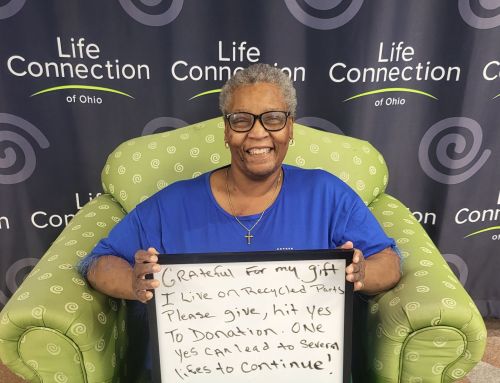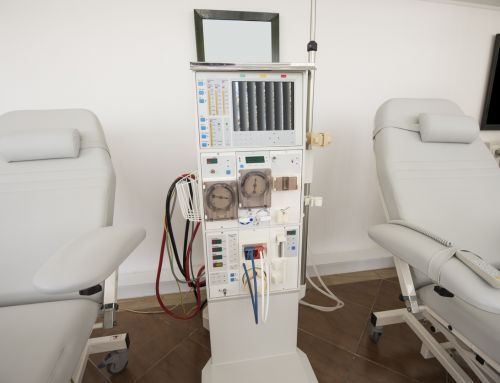Despite months of research and progress, it still seems like we learn something new about COVID-19 every day, ranging from how it affects patients with certain pre-existing conditions to new information on the long-term health risks the virus poses to those who contract it. Now, as more information continues to come to light, it is imperative that we use what we do know to help prepare doctors and patients for the challenges that may yet lie ahead.
This is especially true for patients with chronic kidney disease (CKD). CKD patients are already considered high-risk patients for COVID-19, and now new research from the Icahn School of Medicine at Mount Sinai indicates that the spread of the virus could also lead to a significant spike in diagnosed cases of CKD. It’s a concerning development, and one that re-emphasizes the urgent need to address existing problems in kidney care in the United States.
One of the most pressing issues facing kidney patients in the U.S. right now is a lack of access to coordinated care services. These services allow each of a kidney patient’s doctors to more easily share information and work together to design a treatment plan best suited to the needs of each patient individually. That way, rather than working separately to address a swath of separate health complications or diseases, doctors are working in a more cohesive manner to meet all of a patient’s needs.
Part of why this is a particularly significant need for kidney patients is because a large percentage of CKD patients also suffer from other health problems in addition to their kidney disease, including diabetes, high blood pressure, heart disease, and more. With each of these health complications comes more doctors’ appointments and higher medical bills, especially if each of a patient’s doctors are not able to share information with one another about the medications or treatments they prescribe.
Luckily many lawmakers in Washington, D.C. are already hard at work on new legislation to make coordinated care services more accessible to CKD patients across the country. This bill, called the BETTER Kidney Care Act, addresses many of the primary concerns with coordinated care in its present state, and also offers some helpful benefits that CKD patients need but cannot currently get through their Medicare plans, like transportation to their dialysis clinic and dental services. In the case that a patient were to receive a kidney transplant, they would still be able to access these care coordination services, as well. Its passage would mark a major improvement for kidney care across the U.S., but would have an especially large impact on treatment here in Texas.
Right more, more than 62,000 Texans suffer from kidney disease. Providing an avenue for them to access coordinated care could help to change their lives for the better. I have full confidence that Texas Representative Kevin Brady, who serves as ranking member on the House Ways & Means Committee – which would be the first step en route to the BETTER Kidney Care Act becoming law – will recognize how much this could help so many people in our state and work to make this bill a priority in his committee and help pass it.
While we are still learning more about the long-term effects COVID-19 will have on public health in the U.S., we already have a perspective on how this will affect kidney patients. Using this new research, we have an incredible opportunity to get a head start on making treatments better for patients by passing the BETTER Kidney Care Act and making coordinated care possible for thousands of kidney patients across the country.
Matt Mackowiak is president of Potomac Strategy Group, LLC. He’s a Republican consultant, a Bush administration and Bush-Cheney re-election campaign veteran and former press secretary to two U.S. senators.































